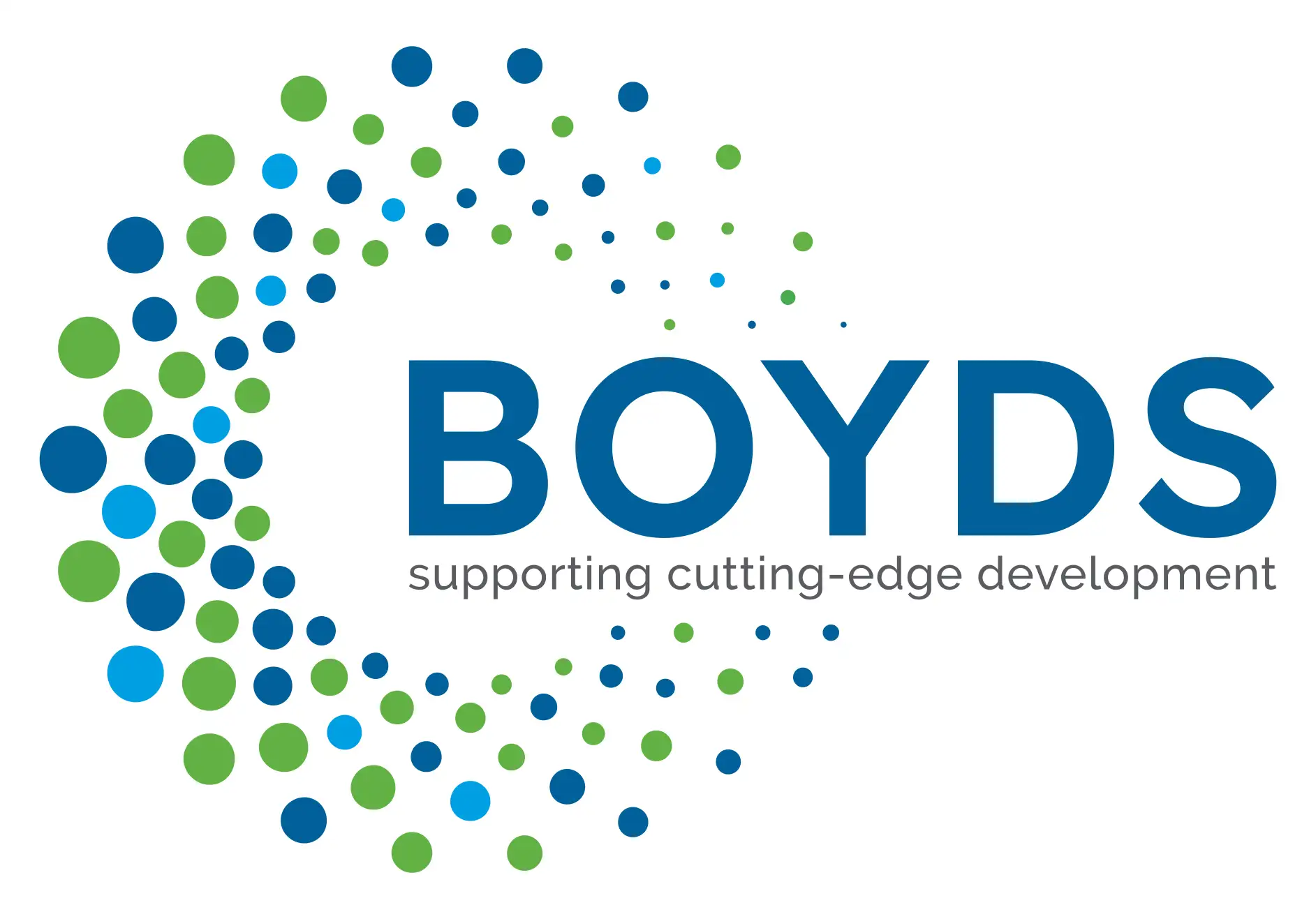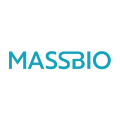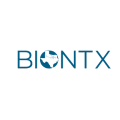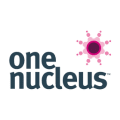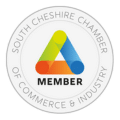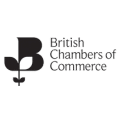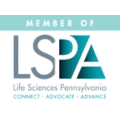Meet the Medics Physicians Experts
Professor Alan Boyd is the President and CEO of Boyds. He founded the company in 2005 to support the translation of ideas into medicinal products and treatments for patient benefit. He has since grown the company globally with offices in the UK, Ireland, and the US.
Here, we discover more about Alan’s fascinating career journey, expertise, and views on the evolution of the drug development industry.

Prof Alan Boyd FRSB FFFLM FRCP FFPM FMedSci
President & CEO
What inspired you to pursue a medical career?
Right from an early age, I knew I wanted to be a doctor. I grew up on a council estate in Blackpool, and only a few people made it to grammar school from there, let alone university. People would therefore tell my parents that I would grow out of the idea, but I never did.
I trained in medicine and biochemistry at the University of Birmingham Medical School. I started initially in medicine but was asked to do a biochemistry degree in addition, which I completed in 18 months. I was interested in pursuing a biochemistry degree as medical training doesn’t actually teach you how to carry out research.
Can you provide an overview of your career to date?
After qualifying, I worked as a hospital doctor for five years in the West Midlands. I was on the track to becoming an academic clinical pharmacologist, having seen first-hand the importance of using medicines appropriately and correctly with patients.
In the mid-80s, I was recruited to Glaxo as a clinical pharmacologist, helping to set up its first phase one unit for assessing drugs through first-in-human studies. At that time, Glaxo was a very different company – it made more money from baby food, milk, and other commodities than it did from medicine! In my role, I administered several medicines to humans for the first time that went on to become registered medicines and are still widely used today.
Following a move to ICI Pharmaceuticals in 1988, I led the cardiovascular medical research team, contributing to the development and commercialisation of several cardiovascular products, including Zestril® (Lisinopril) for the treatment of hypertension and heart failure. I was then seconded to work in Canada as the director of clinical and medical affairs, where I established an R&D group for North America to support the global development of ICI medicines.
In 1995, following my return to the UK, I became the global head of medical research for Zeneca Pharmaceuticals (formally ICI Pharmaceuticals) and was responsible for the global medical development of all their products. I held this position until October 1999 following the merger of Zeneca with Astra Pharmaceuticals to form AstraZeneca.
Drawing on my extensive experience in large pharmaceutical entities, I played an integral role in establishing Ark Therapeutics Ltd, a spin-out venture from University College London. As R&D director, I spearheaded the exploration of gene-based medicines.
The year 2005 marked the inception of Boyds, which I developed to address the evolving landscape of medicine development. The transformation from ‘new chemical entities’ (NCEs) to biologically based therapeutics prompted the establishment of my company, dedicated to bridging the gap between innovative research and successful medicinal solutions.
What hurdles have you had to overcome in your career and how did you learn from them?
When Zeneca merged with Astra Pharmaceuticals, I was made redundant. But I always say it’s probably one of the best things that ever happened to me because that’s when I established Ark Therapeutics – one of the world’s first gene therapy companies.
At Ark, I led the development of Cerepro®, a ground-breaking gene therapy treatment for Malignant Glioma (brain cancer). Whilst Cerepro’s regulatory approval was not achieved, its application and review by the European Medicines Agency (EMA) set a precedent, paving the way for subsequent cell and gene-based therapies, and establishing vital standards required by global regulatory agencies. Ultimately, we showed that we could turn DNA into an approvable medicine, which was a world first.
After that, I set up Boyds, with the aim of helping more companies and universities translate their ideas into medicines. Fast forward to today, we’ve got over 40 employees, offices in Cheshire, Cambridge, Dublin, and the USA, and clients across the globe, from Sydney to San Francisco.
“Out of the 26 approved cell and gene therapy products on both sides of the Atlantic, Boyds has worked on 11 of them at some stage, and I believe that the learnings we took from the setback with Cerepro have been fundamental in achieving this.”
Could you name a particularly memorable experience from your career?
There is another side to my working life in which I help set the standards for doctors working in pharmaceutical medicine within industry and at the medicines regulators. I am a founding member of the Faculty of Pharmaceutical Medicine at the Royal Colleges of Physicians and was chosen to serve as president of the faculty from 2015 to 2018.
When I was president, I was also part of the Academy of Medical Royal Colleges. A particularly memorable moment was when I was elected as fellow of the Academy of Medical Sciences in 2021 in recognition of my achievements in drug development.
What is your greatest achievement?
I’m most proud of the pioneering work I have done in gene therapy. When I formed Ark Therapeutics, most people thought I’d gone crazy because it was only about four years since the first academic gene therapy study had been carried out in America. Nobody had set up a gene therapy company before. There were no regulations, and we didn’t know how to manufacture the products on a large scale. But we managed to overcome these challenges and pave the way for everything that has followed, so perhaps I wasn’t so crazy after all!
The other thing I’m proud of is establishing the Faculty of Pharmaceutical Medicine and the training programmes that we’ve put together for Pharmaceutical Physicians. Following completion of the faculty’s post-graduate training, doctors come out at the same level as consultants in the Health Service. We now have almost 500 doctors who have gone through that process to become consultant pharmaceutical physicians and I’m really proud of that.
I still do a lot of teaching and mentoring as I believe it’s important to pass on knowledge to the next generation. After all, medicine is essentially an apprenticeship scheme.
Thinking about your role as a medic, and within the industry, what are you most passionate about?
People often think of me as a businessman because I’ve built companies.
“I am a businessman, but I am a doctor first. And with whatever I do, the patients come first as it should be remembered that we are all patients at some time in our lives.”
I’ve brought over 20 medicines to be prescription medicines around the world, with one of the most recent being the Oxford AstraZeneca vaccine which has been used to vaccinate millions of individuals for the prevention of COVID-19 infection. That’s where I get my satisfaction from – doing good by bringing medicines through development.
How do you see the industry evolving? What are the emerging trends?
It is clear that advanced therapies are here to stay as evidenced by the amount of work being undertaken globally to develop and register new products in this area. Also, it is supported by the educational work and conferences that are happening now. As an example, I attended the Advanced Therapies Week conference last year in Miami. Twenty years ago, a similar conference would have had around 200-300 people attending the event. At the conference last year there were over 6000 participants, so you can see how much the field has grown.
Now, with the sort of advanced therapies that are coming through, we’re able to tackle the root cause of a disease and not just clinical signs and symptoms with a much more personalised medicine approach targeted at the disease.
One concern I do have is that many of the advanced therapies being developed are tailored to the wealthier nations. We need to look at how we can apply these therapies to the populations of developing countries and use the techniques to treat much more common diseases.
We are, however, seeing some more widespread diseases being treated, with one recent example being Adstiladrin – the first FDA-approved gene therapy for bladder cancer, which is the 10th most common cancer worldwide. The Boyds team was involved with its development for over ten years, from its first clinical study all the way through to its submission. It is the first gene therapy that is administered on a repeat basis every three months – so represents another landmark for the field.
Having now worked in the industry for 35 years, it is incredible that we are seeing so many new treatment paradigms being approved and bringing benefits to patients.
